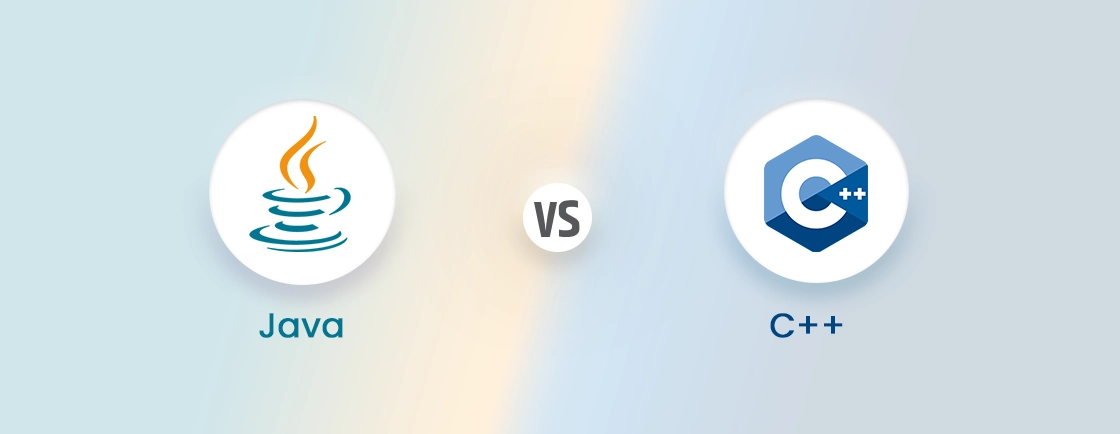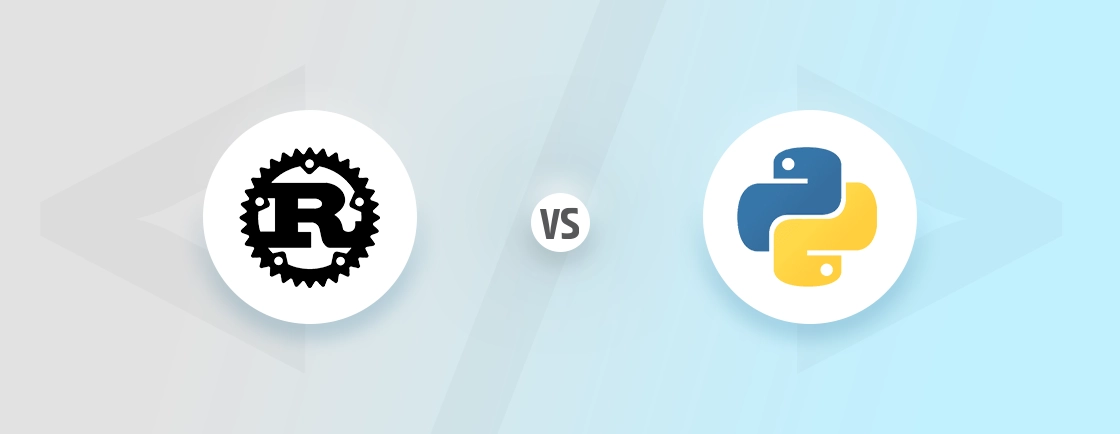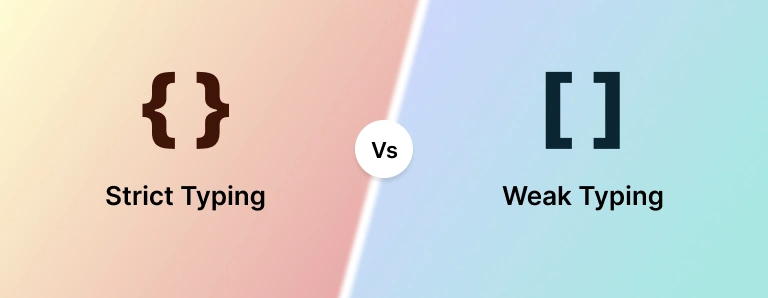Table of Contents
Deciding where to sell your products online can feel overwhelming with so many options available. Two of the biggest names in the eCommerce world are Shopify and Etsy. While both platforms can help you get your business off the ground, they serve different types of sellers and offer unique advantages.
Shopify is all about control and customization, allowing you to build your own online store from scratch. eCommerce developers often choose Shopify to create scalable, personalized websites. On the other hand, Etsy is a marketplace full of creative and handmade goods where you can instantly tap into a ready-made audience. Whether you’re a part-time hobbyist or an ambitious business owner, your choice in Shopify vs Etsy depends on your needs.
In this blog, we’ll break down the key differences between Shopify and Etsy, from pricing to features, so you can make the right decision for your business.
Who is Shopify Best For?

Shopify is a great choice when you want to create a customizable eCommerce store. It’s particularly well-suited for those who already have a customer base and are ready to invest in a scalable, subscription-based solution. If you’re looking to build a fully personalized store, Shopify’s flexibility and wide range of sales tools make it a strong contender.
Shopify also shines when it comes to dropshipping. With easy access to multiple suppliers, businesses can sell a variety of products without having to manage inventory. Whether it’s the latest tech gadgets or fashion trends, Shopify allows you to stay ahead of the curve and offer an extensive product range, making it ideal for businesses looking to scale fast.
Who is Etsy Best For?

Etsy is the go-to platform for artists, small crafters, and designers who want a simple, hassle-free way to sell their unique creations. It’s perfect for creatives specializing in handmade or personalized items, like custom clothing, art, or home decor. If your focus is on original products, Etsy connects you with a ready-made audience that appreciates craftsmanship and individuality.
For sellers interested in dropshipping, Etsy is also an option, although it tends to focus more on niche products. It’s an excellent choice for small businesses wanting to offer custom designs without getting involved in manufacturing or shipping logistics. The platform allows you to focus on creativity while the dropshipping provider takes care of the operational side.
Shopify vs Etsy: Key Differences
| Feature | Shopify | Etsy |
|---|---|---|
| Entry-Level Pricing | Basic plan: $29/month (billed annually) or $39/month (billed monthly).Shopify Starter: $15/month (no standalone website). | No monthly fee;$0.20 to list each product, plus 6.5% transaction fee on each sale. |
| Payment Processing | Shopify Payments: 2.9% + $0.30 per transaction.Extra fees for non-Shopify Payments users: 2% (Basic), 1% (Shopify), 0.5% (Advanced). | Etsy Payments: 3% + $0.25 per transaction (plus listing fee). |
| Online Marketplace Integrations | Integrates natively with Facebook, Instagram, TikTok, YouTube, Google, and Walmart. | Can create social media posts and add listings to Facebook and Instagram shops. |
| Set-Up | Easy setup with a comprehensive guide to help you through the process. | Linear six-step onboarding process, including naming your store and uploading your first item. |
| Sales Features | Extensive sales features, including multichannel selling and product management tools. | Limited sales tools; offers Etsy Seller app and advertising tools to promote your business. |
Shopify vs Etsy: In-Depth Comparison
When deciding between Shopify and Etsy, it’s important to understand how each platform supports different business goals. Whether you’re looking for complete creative freedom or a more straightforward setup, each platform has its own strengths.
So, let’s compare both Shopify and Etsy in different aspects.
Store Branding
When it comes to branding your online store, Shopify and Etsy offer different experiences. Let’s compare how much control each platform gives you over your brand identity.
Shopify
With Shopify, you get complete control over your store’s design, layout, and overall look. Want to make your store look exactly like your brand’s vision? Shopify makes that possible. You can change everything—from colors and fonts to the way your pages are organized. This makes Shopify perfect if you want your store to stand out and reflect your brand’s personality.
For example, imagine you’re running a high-end skincare brand. With Shopify, you can build a store that’s just as elegant and sophisticated as your products, using sleek designs, branded images, and a custom layout that suits your style. Everything from your logo to your product pages can be tailored to create the exact customer experience you want.
Etsy
Etsy, on the other hand, works a bit differently. Since it’s a marketplace rather than a standalone store builder, the customization options are more limited. You can add your shop’s logo with a banner image, and personalize your product listings, which helps in building a consistent visual identity. But the general look and layout of your Etsy store will be quite similar to every other shop on the platform.
Let’s say you sell handmade jewelry with a bohemian style. On Etsy, you can use beautiful banner images, a catchy shop name, and consistent product photos to showcase your brand. But unlike Shopify, you can’t tweak the entire layout of your shop to make it look truly unique—you’re working within Etsy’s preset structure.
Verdict
If establishing a strong brand identity is your main goal, Shopify is the way to go. You can make your store completely yours from the first click to checkout. But if you’re just starting out and want an easier setup without worrying too much about customization, Etsy is still a great option—just know that you’ll be sharing a look with other sellers.
Apps and Integrations
When comparing Shopify and Etsy, one of the key factors to consider is the variety of apps and integrations available on each platform. Let’s break it down.
Shopify
Shopify gives sellers access to a vast ecosystem of apps that can be added to their stores for various functionalities. Whether you need tools for marketing, shipping, inventory management, or customer engagement, Shopify has an app for it. This flexibility makes Shopify an ideal choice for businesses that want to scale and need to customize their store to meet their evolving needs.
For example, dropshippers can easily integrate apps for print-on-demand services. Shopify App Store lets you automate many processes like product sourcing, order fulfillment, or customer interactions. It’s perfect if you’re looking to grow your business and need the ability to add new features as you expand.
Etsy
Etsy is more limited in its app offerings, primarily because it operates as a marketplace rather than a standalone eCommerce platform. This means that Etsy controls much of the customer experience, so there are fewer opportunities for sellers to customize their shop with third-party apps.
However, Etsy does offer integrations with some tools that cater specifically to marketplace needs, like marketing and analytics. You can also integrate print-on-demand services to diversify the products without worrying about inventory management. But compared to Shopify, Etsy’s app ecosystem is much more focused on basic shop management and promoting listings.
Verdict
If you’re looking for a highly customizable, scalable eCommerce store, Shopify’s app marketplace is far more robust. If you prefer a simpler setup with fewer customizations and want to focus on handmade or unique products in a marketplace environment, Etsy might be the better option.
Scalability
When it comes to growing your business, scalability is a key factor to consider. Let’s see how Shopify and Etsy stack up in helping businesses expand.
Shopify
Shopify is designed with scalability in mind, making it suitable for businesses of all sizes, from solo entrepreneurs to large enterprises. One of its biggest strengths is the ability to start small and gradually expand. Shopify’s tiered subscription plans allow you to upgrade as your business grows, ensuring that the platform can handle increased demands in terms of traffic, product volume, and operational complexity.
With its massive app ecosystem and integrations, Shopify makes it easy to add advanced features like inventory management, customer relationship tools, or even advanced marketing solutions as you scale. Whether you’re expanding your product lines or increasing sales volume, Shopify can grow with you, giving you the flexibility to adapt to changing needs.
Etsy
Etsy is ideal for small businesses, especially those focused on handmade, vintage, or unique items. It offers a simple setup that’s easy to manage, making it great for individual sellers or small shops. However, when it comes to scalability, Etsy does have limitations compared to Shopify.
Etsy’s platform is designed for ease of use rather than advanced customization, making it harder for sellers to manage large inventories or complex business operations. While Etsy does provide tools like Etsy Ads and Etsy Plus to help sellers grow, these features are more suited to small-scale growth, such as promoting listings or expanding product lines, rather than handling high-volume sales.
Verdict
If your goal is to keep things small and focused, Etsy may continue to work for you. But for businesses that experience significant growth and need more control over operations, Shopify offers far greater flexibility and scalability.
Marketing Tools
Marketing your store and driving search traffic is a crucial aspect of online selling. Let’s see how Shopify and Etsy compare when it comes to SEO and marketing capabilities.
Shopify
With Shopify, you have significant control over your store’s SEO and marketing efforts. You can optimize important SEO elements like title tags, meta descriptions, and URLs, which directly affect how your store appears in search engine results. This level of customization is perfect for businesses that want to target specific keywords related to their products or industry.
Additionally, Shopify allows you to run a blog, which is a great way to produce content that attracts organic traffic. A blog with SEO-friendly content not only boosts your store’s visibility but also positions your brand as a thought leader in your niche.
Another advantage is Shopify’s integration with SEO tools, which can help identify and fix any SEO issues. These apps make it easier to optimize your site for better search engine performance and ensure that your store remains competitive in search rankings.
Etsy
Etsy operates quite differently when it comes to search traffic. Since it’s a marketplace, Etsy controls most of the SEO factors, leaving sellers with limited options to influence external search engines. However, sellers can optimize their listings with keywords in titles, descriptions, and tags to align with what potential customers are searching for on Etsy’s internal search engine.
Etsy’s search algorithm takes into account factors like listing quality, customer reviews, and seller performance. So, ranking well on Etsy depends on maintaining high-quality listings and providing excellent customer service. While this helps with visibility within Etsy, sellers don’t have the same autonomy to drive external traffic as they would on Shopify.
Although Etsy offers built-in marketing tools like Etsy Ads and social media integrations, Etsy sellers largely depend on the platform’s existing traffic. If your products fit well within Etsy’s niche, this can be a great source of consistent traffic. However, for those who want to control their own marketing strategies and SEO efforts, Shopify offers far more flexibility.
Verdict
Shopify provides great opportunities for SEO customization and marketing control, whereas Etsy is best for sellers who want to leverage the marketplace’s built-in traffic and simpler SEO options.
Which Platform is Better for Your Business: Shopify Or Etsy?
Choosing between Shopify and Etsy depends largely on the type of business you run, your goals, and how much control you want over your online store. Both platforms have their strengths, so let’s break down when each one is a better fit.
Choose Shopify if you:
- Want Full Control: Ideal if you want complete control over your store’s design, branding, and SEO.
- Focused on Growth: Perfect for scaling businesses with large product catalogs and increasing sales volume.
- Need a Branded Online Store: Best if you want a standalone store with a custom domain and tailored shopping experience.
- Sell in Large Volumes: Suits businesses handling high order volumes and complex inventory needs.
Choose Etsy if you:
- Sell Unique, Handmade, or Vintage Items: Great for selling handmade, vintage, or unique items to a niche audience.
- Want Simplicity and Ease of Use: If you prefer an easy setup with minimal management, Etsy is a hassle-free option.
- Don’t Need Advanced Customization: Ideal for small sellers or hobbyists with low upfront costs and pay-as-you-sell fees.
- Prefer Low Upfront Costs: If advanced customization isn’t a priority, Etsy’s marketplace offers simplicity.
In short, choose Shopify for scalability and control or Etsy for simplicity and access to a niche market.
Take a Step Ahead in the eCommerce World!
Choosing between Shopify and Etsy doesn’t have to be a one-or-the-other decision. Both platforms have their strengths, and for many businesses, using both can be the best strategy. Etsy is perfect for reaching a built-in audience looking for unique, handmade, or vintage products, while Shopify gives you complete control to build your brand, scale up, and customize your store.
If you’re just starting out, Etsy’s simplicity is a great way to test the waters. As your business grows, a Shopify store allows you to expand, offering more flexibility and control. By using both platforms, you can maximize your reach and create more growth opportunities.
When building a Shopify store, hire Shopify developers to build a store that engages your audience and drives high sales.
FAQs on Shopify vs Etsy
Should I use both Etsy and Shopify?
Yes, you can use both platforms simultaneously. Keeping your Etsy shop while running a Shopify store expands your online presence, allowing you to reach a wider audience and grow your business through multiple channels.
Is Shopify good for beginners?
Shopify is designed to be beginner-friendly with its intuitive interface, built-in eCommerce tools, and excellent customer support. It’s perfect for those new to online selling who want to confidently set up and manage their store.
Is it better to sell on Etsy or have a website?
It depends on your goals. Etsy provides simplicity and access to a built-in audience, while a store builder (like Shopify) offers more flexibility, customization, and control over your business. For long-term growth and brand building, having your own website is often a better investment.
Compare the best tech side by side.
Our in-depth comparisons help you see features, pros & cons, and choose the right tools confidently.





